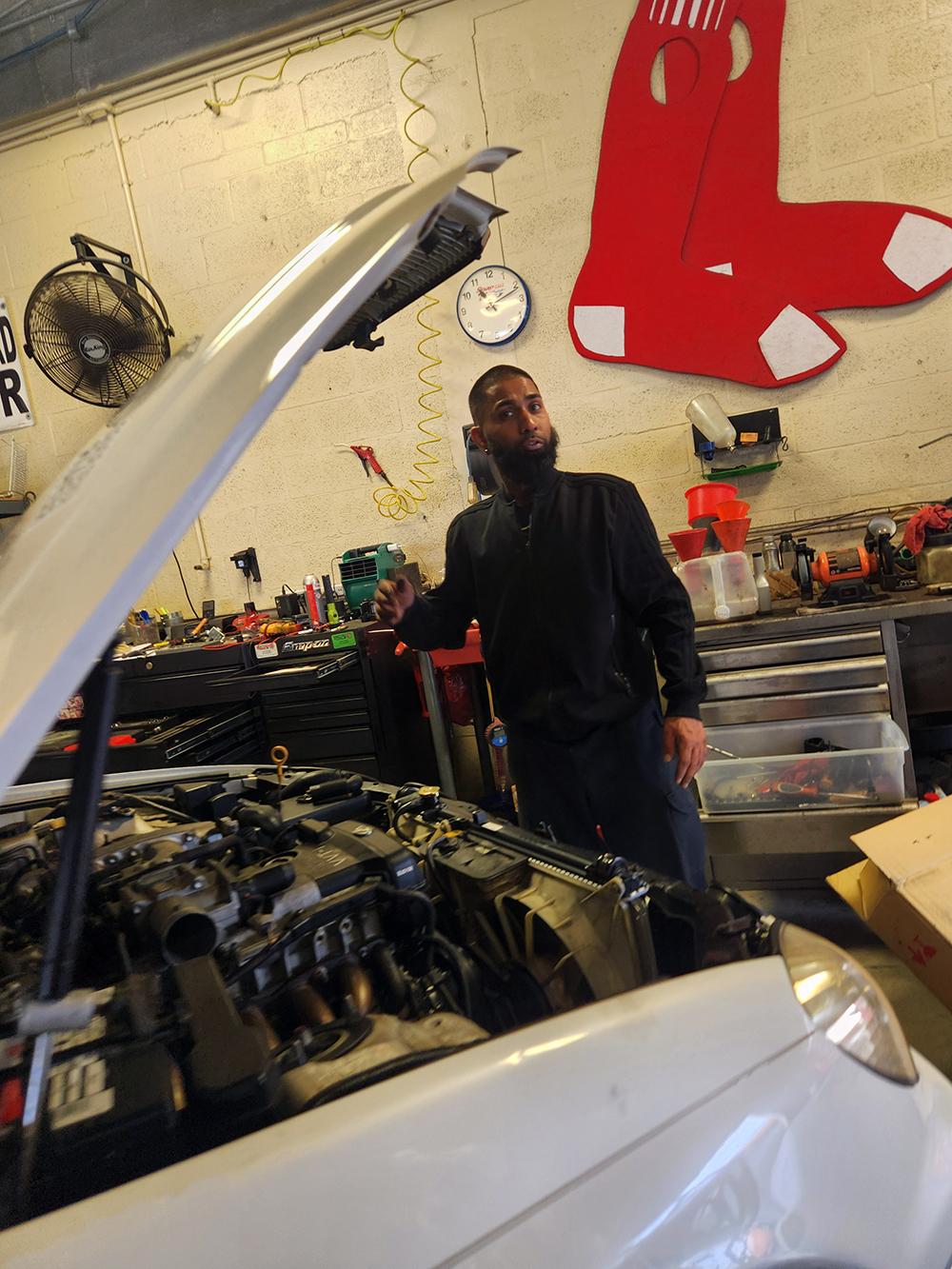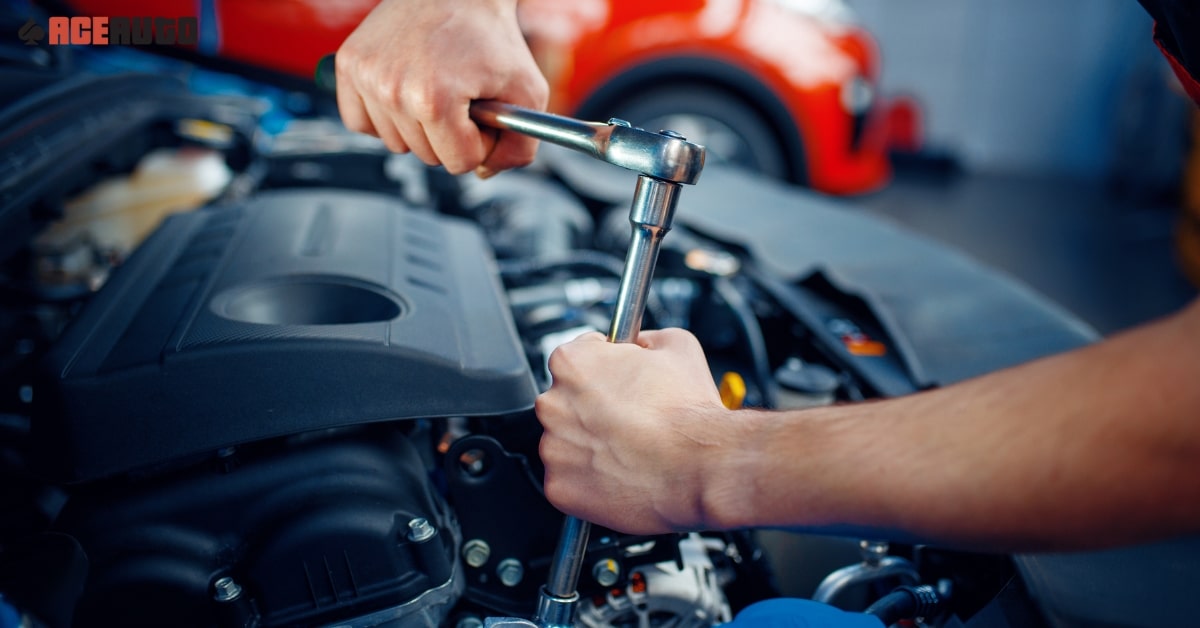All Categories
Featured

Recognizing the aspects that influence the cost of these repair services is vital for automobile proprietors that want to be prepared for the unforeseen. From the kind of repair work needed to the make of your vehicle, numerous key components can figure out how much you'll pay for fixings.
- Kind of Repair. The nature of the repair service plays a pivotal role in the expense. Simple fixings, such as changing an ignition system or brake pads, are usually more economical due to the fact that they call for fewer components and less labor. On the other hand, repair work that involve complex systems like the transmission, engine, or electric systems tend to be more expensive. These repairs typically need more specific components and proficiency, causing higher labor costs. Furthermore, if the repair includes taking apart numerous components, the labor prices can climb considerably.
- Make and Design of Your Car. The make and design of your lorry have a substantial effect on the cost of repair work. Luxury and foreign lorries, such as BMWs, Audis, and Mercedes-Benz, often included greater repair expenses due to their specialized parts and the competence needed to function on them. In comparison, even more usual automobiles like Ford or Toyota normally have more economical parts and are less complicated for auto mechanics to deal with, which lowers repair work prices. Furthermore, some lorries may require customized analysis tools or software application for sure repair services, contributing to the general expenditure.
- Components Accessibility and High Quality. The expense of the parts required for the repair service is an additional significant aspect. The rarity of components, specifically for older or specialized automobiles, can additionally drive up the price, as discovering suitable substitutes can take time and effort.
- Labor Costs. These expenses differ by region and repair shop, with urban areas generally charging greater prices due to overhead costs. The complexity of the fixing likewise plays a duty; repair services that call for more time or specialized knowledge, such as functioning on an engine or electric system, will result in higher labor fees.
- Degree of the Damages. The extent of the damages to your automobile is an additional essential aspect in determining repair costs. The fixing may be relatively economical if the problem is restricted and minor to one part of the automobile. Nonetheless, if the damage is extensive and requires several parts to be replaced or fixed, the cost will certainly climb. As an example, a damaged timing belt might require replacing various other engine components that were damaged at the same time, making the repair service a lot more pricey and complex. When major systems like the transmission or engine are affected, the fixing expense can intensify rapidly because of the variety of parts and the labor entailed.
- Car Age and Condition. Older automobiles tend to need more regular repairs, and as parts break with time, the price of those repair services can boost. Oftentimes, older automobiles are much more prone to concerns with their suspension, transmission, or engine. On top of that, parts for older designs may be tougher to find, which can raise both the rate and time required for fixings. Nevertheless, if your car is still in good total problem and well-kept, you might have the ability to prolong its life-span with fewer and less costly fixings. Vehicles with less miles on the odometer may also be much less likely to require pricey fixings in the future.
- Location of the Repair Shop. The area of the repair shop can also affect the cost of car fixings. Additionally, dealerships commonly bill a lot more for repair services compared to independent repair shops, although dealerships may use OEM parts and use customized service for your make and design.
- Insurance and Warranty Protection. In some cases, expanded warranties or service strategies can help cover repair work for certain components of the vehicle. Furthermore, if the repair service is a result of a crash, your vehicle insurance coverage policy may cover the cost.

Final thought. Several variables influence the price of major auto fixings, including the kind of fixing, the make and model of your automobile, the high quality of the components utilized, and labor fees. Comprehending these components can help you much better prepare for repair prices and make more informed choices when it's time for a significant solution.
Latest Posts
Savor with a View: Boat Up to Deauville Inn’s Waterfront Deck
Published May 15, 25
2 min read
Feast on Fresh-Caught Goodness at Deauville Inn’s Oyster Bar
Published May 14, 25
2 min read
Design Your Dream Wedding at Deauville Inn: Elegant Waterfront Venues
Published May 12, 25
2 min read
More
Latest Posts
Savor with a View: Boat Up to Deauville Inn’s Waterfront Deck
Published May 15, 25
2 min read
Feast on Fresh-Caught Goodness at Deauville Inn’s Oyster Bar
Published May 14, 25
2 min read
Design Your Dream Wedding at Deauville Inn: Elegant Waterfront Venues
Published May 12, 25
2 min read